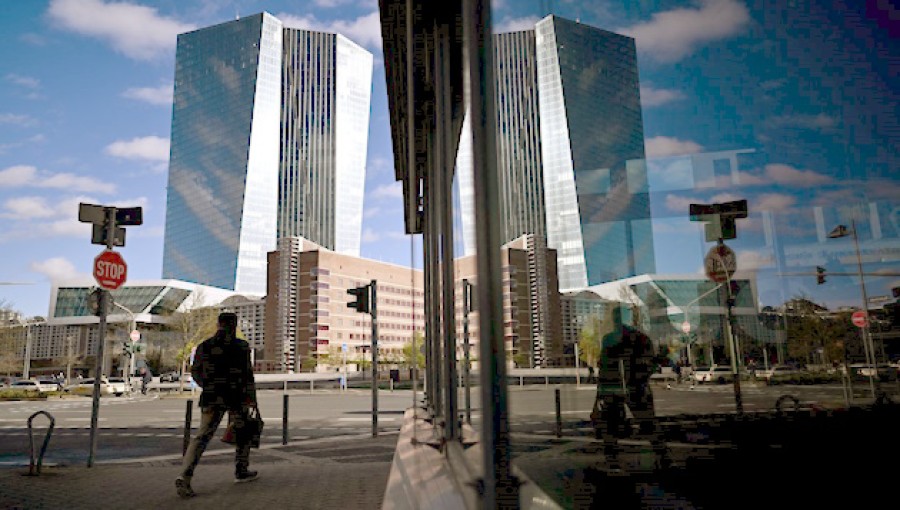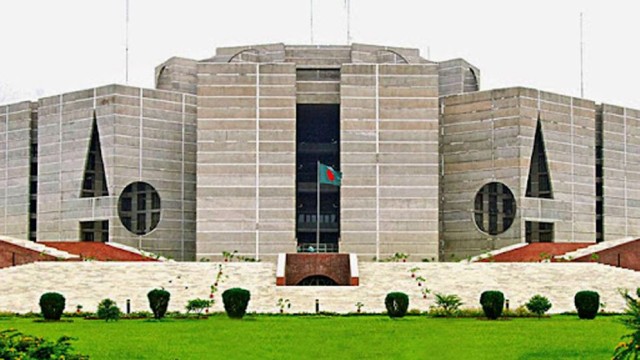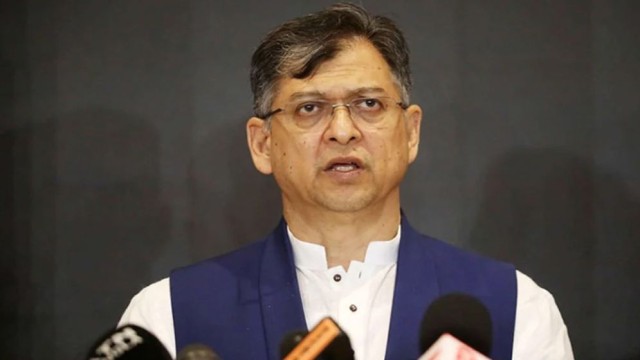Germany, June 3 (V7N Dhaka)- The European Central Bank (ECB) is poised to cut eurozone interest rates this week, marking the first reduction since it began an unprecedented hiking cycle in mid-2022. The expected quarter-point cut on Thursday would lower the key deposit rate from its record high to 3.75 percent. However, persistent inflationary pressures mean the move is unlikely to signal the beginning of a rapid rate-cutting cycle.
ECB officials have consistently indicated the likelihood of this cut, despite the contrasting approach of the US Federal Reserve, which has maintained higher rates due to a robust US economy. ING economist Carsten Brzeski notes that the ECB's communications have made it "almost impossible not to cut" this week.
The ECB's rate hikes were initially driven by surging energy and food costs following Russia's invasion of Ukraine and pandemic-related supply chain issues. With inflation having peaked over 10 percent in late 2022, the ECB has since kept rates steady, awaiting signs of sustained inflation reduction.
Despite consumer prices in the eurozone cooling from their peaks, inflation remains above the ECB's two-percent target. Recent data showed eurozone inflation rose to 2.6 percent in May, up from 2.4 percent in April, driven by strong service sector price rises and robust wage growth. The eurozone economy also grew faster than expected in the first quarter, emerging from recession but still lagging behind the US's robust growth.
Given the recent inflation data, further immediate rate cuts seem unlikely. Capital Economics' Jack Allen-Reynolds suggests another cut at the ECB's July meeting is improbable, despite Thursday's expected reduction. ECB policymakers have emphasized a cautious approach, indicating no rush for additional cuts following June.
ECB President Christine Lagarde's post-meeting press conference will be closely watched for guidance on future rate cuts. The central bank will also release updated forecasts for growth and inflation, which will inform the rate-setters' decisions.
Despite speculation about following the Fed's lead, ECB officials have stressed their independent approach. Bank of Finland governor Olli Rehn, an ECB governing council member, affirmed that the Fed's actions would not dictate ECB policy. Nonetheless, a faster rate-cutting pace in the eurozone compared to the US could risk euro depreciation and increased import costs, potentially fueling inflation.
Analysts have tempered expectations for the extent of ECB rate cuts this year. Berenberg bank economist Holger Schmieding predicts the ECB will cut rates once a quarter, lowering the deposit rate to 3.25 percent by the end of 2024.































Comment: